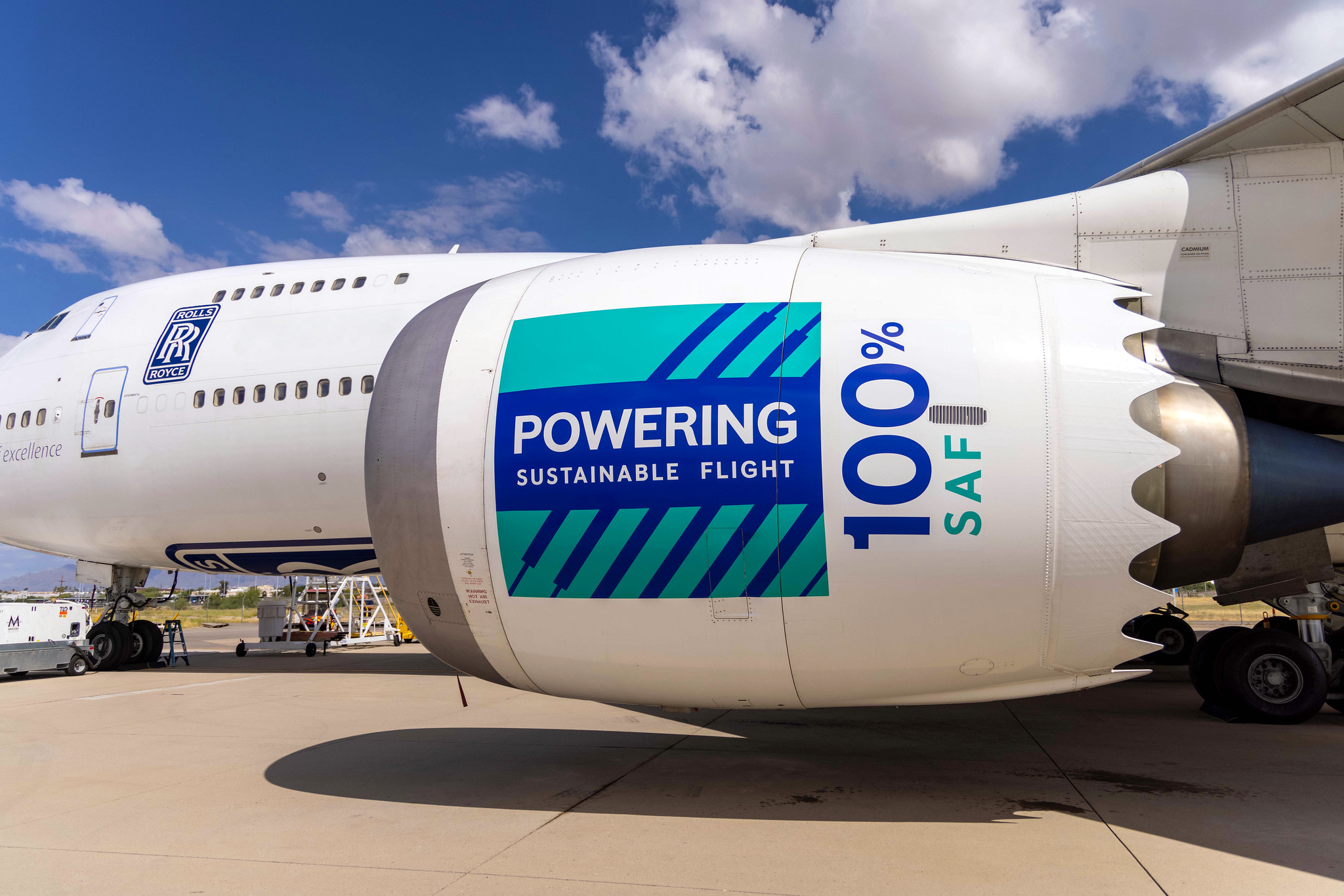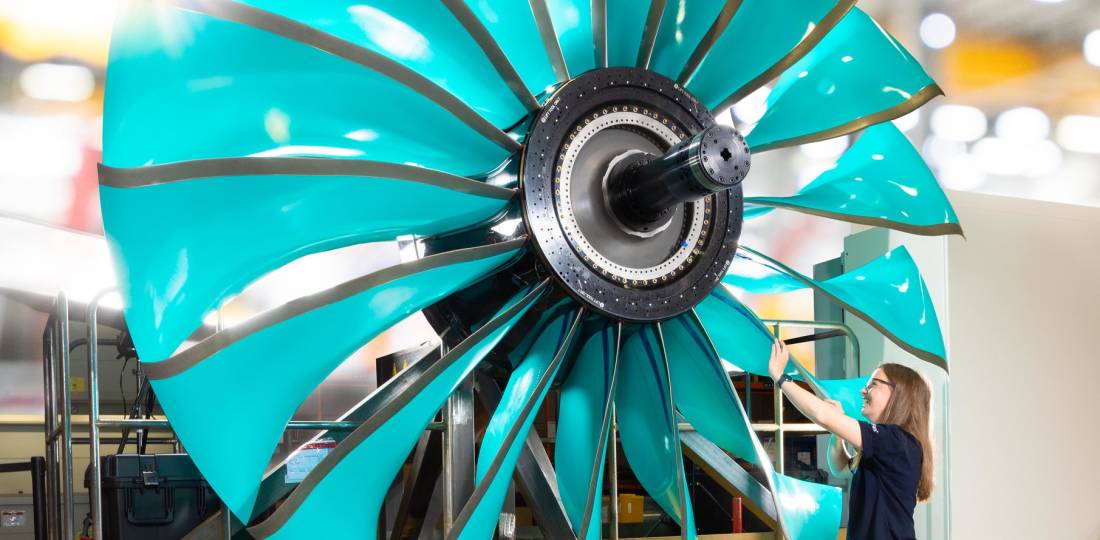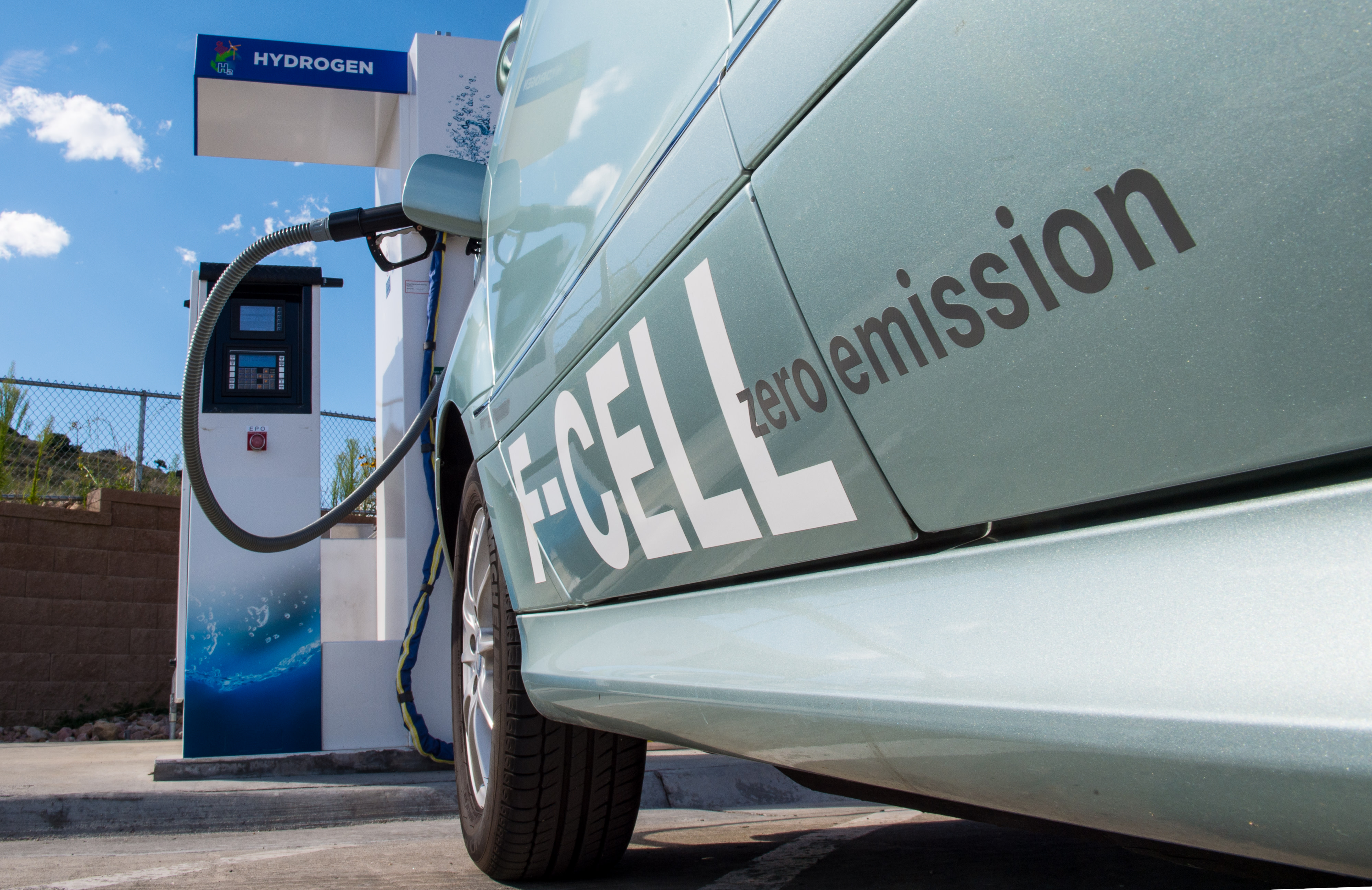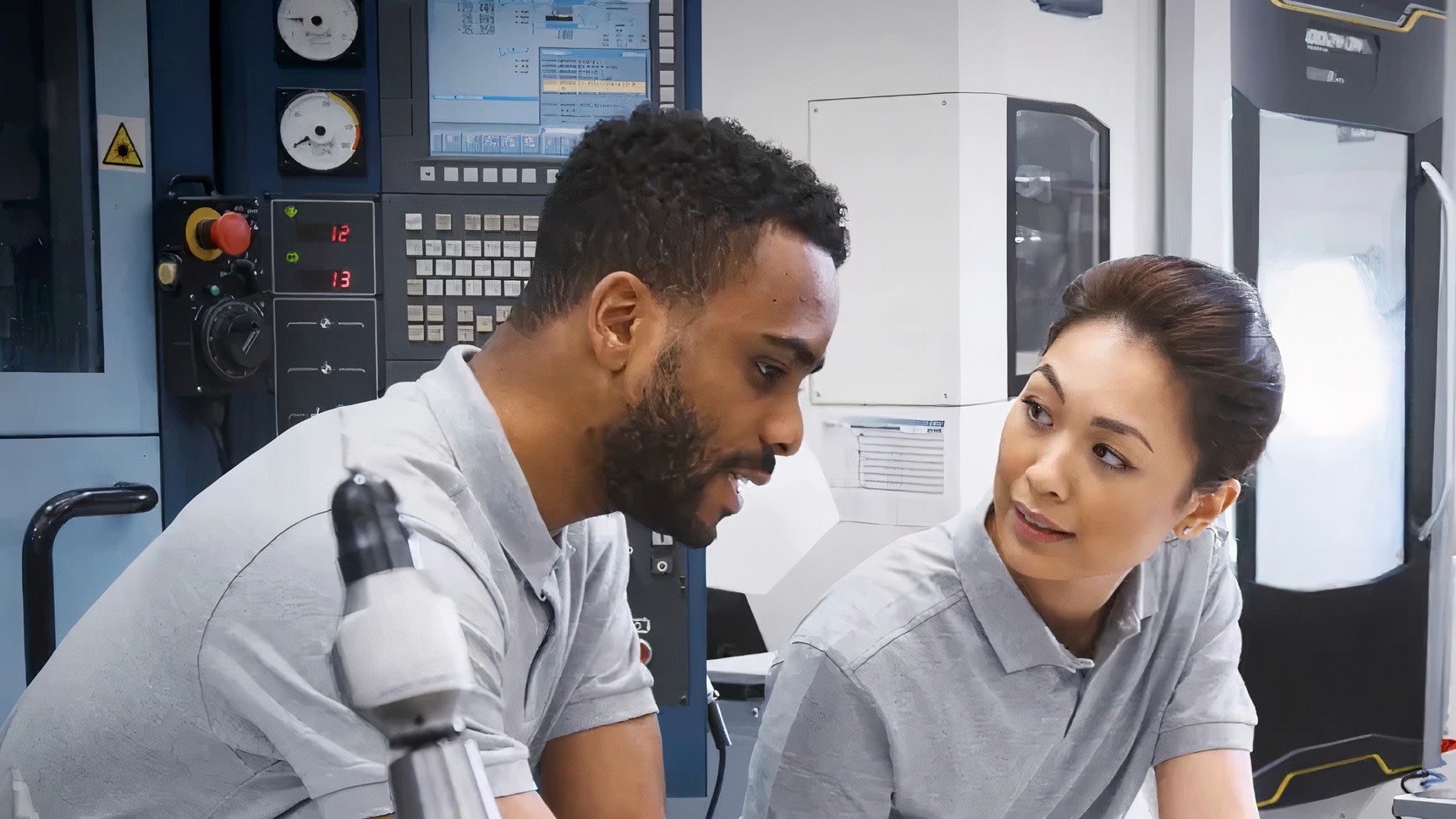Rolls-Royce Tests Small Engine for Hybrid Flight
Rolls-Royce Holdings PLC
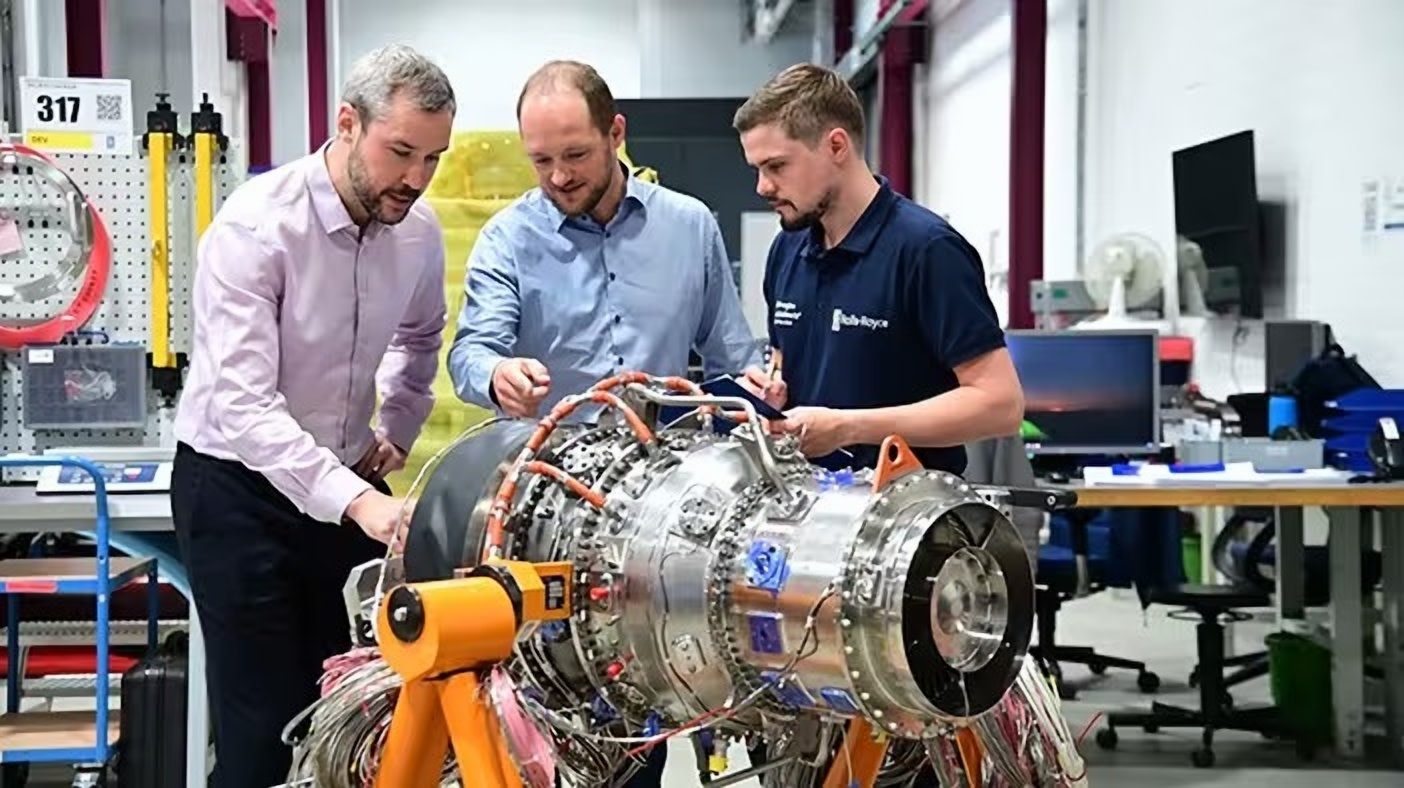
Rolls-Royce is set to revolutionise aviation with its latest creation—a compact gas turbine engine designed specifically for hybrid-electric flight.
This groundbreaking engine is about to undergo testing as part of a turbogenerator system developed for the Advanced Air Mobility market. The system aims to power various aircraft, including electric vertical take-off and landing (eVTOL) vehicles for urban air mobility and commuter aircraft with up to 19 seats.
By integrating the turbogenerator system into its electrical propulsion portfolio, Rolls-Royce aims to provide scalable power options ranging from 500kW to 1200kW. This onboard power source will enable extended range flights using sustainable aviation fuels (SAF) and eventually hydrogen combustion. The system will enable aircraft to traverse longer routes that are currently beyond the capabilities of battery-powered electric aircraft.
Olaf Otto, President of Electrical at Rolls-Royce, emphasised the company's commitment to becoming a leading provider of all-electric and hybrid-electric power and propulsion systems for Advanced Air Mobility.
The upcoming testing phase of its small engine for the turbogenerator system marks a significant step forward. This innovative product will empower customers to expand the reach of electric flight, enabling more passengers to travel longer distances aboard low-to-net-zero emissions aircraft.
Rolls-Royce's development of the turbogenerator system combines its expertise in electrical and gas turbine technologies. The newly designed combustion engine leverages recent advancements to achieve remarkable efficiency gains for small gas turbines.
The turbogenerator can be applied in serial or parallel hybrid configurations, making it ideal for recharging batteries and supplying direct energy to electric propulsion units. This flexibility allows aircraft to seamlessly switch between power sources during flight. Notably, the German Ministry for Economic Affairs and Climate Action is providing partial funding for the research and development of this cutting-edge technology.
In the months ahead, the engine will undergo testing using SAF, and the Rolls-Royce test facility in Dahlewitz will be commissioned for this purpose. The company has modified the Rolls-Royce Power Gearbox test facility to accommodate the testing of this new engine and validate its technical capabilities.
Rolls-Royce's focus extends beyond the engine alone, as they are diligently developing comprehensive power and propulsion systems for all-electric and hybrid-electric applications. These systems incorporate state-of-the-art technology, ranging from power generation, energy storage, power electronics, and control systems to electric motors.
To view and compare company ESG Ratings and Sustainability Reports across sectors, follow our Company ESG Profiles page.
Source: Rolls-Royce


